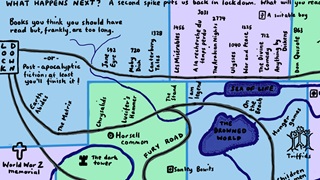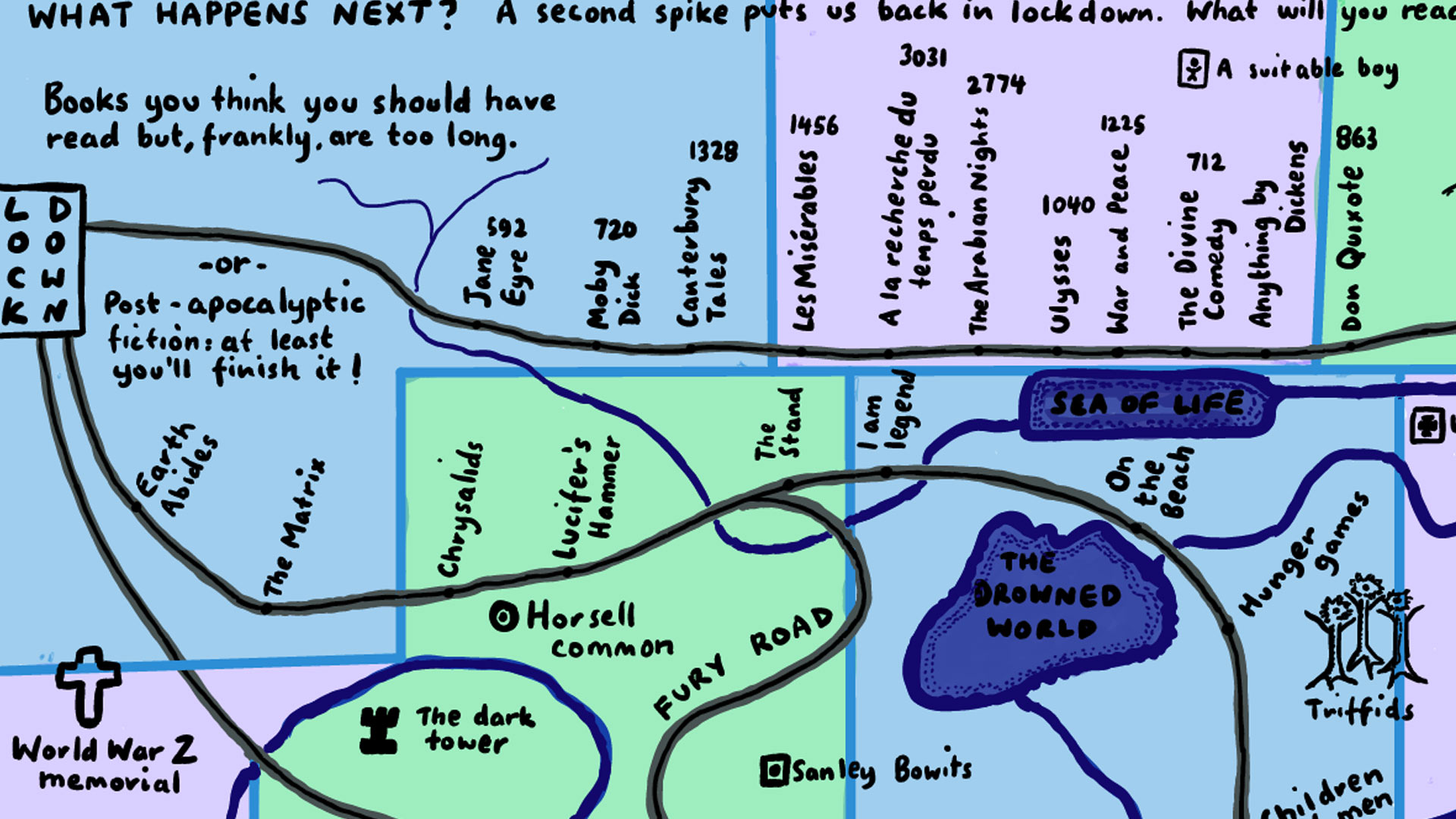
A simple question
Requiring a simple answer


At the end of 2020, we asked writers in Johannesburg, New York, Washington DC and London whether life will ever be the same again.
No.
Life changes as the world changes. Life changed the day Steve Jobs introduced the iPhone. Those changes were beneficial—my hopeless sense of direction and inability to predict the weather have become a Darwinian irrelevancy.
How could we ever expect life to be the same? The world has been turned upside down: the only question is how it will change. I am sure that the pandemic will accelerate a number of changes that would anyway have formed the narrative of the next twenty years: tensions between China and the West; generational fairness in the distribution of resources; privacy and the use of data by public bodies; etcetera. On a day-to-day level, what changes will we see? I was always surprised by how many people were sceptical about working from home; that has changed and will not change back.
Our culture has been suspended and I intend to reclaim it. The internet is a poor substitute for art or theatre, and sport with empty stadia saddens me. An email from the British Museum makes me think of the treasures on our doorstep that seem more valuable by their absence.
Friendships are not suspended. But Zoom is a poor substitute for community.
Maybe this is the wrong question. Maybe the more important question is, should life ever be the same again? For many of us, our priorities have shifted: the focus now is on family, and travel, and being grateful for things we once took for granted. I hope we can find some balance—yes, a sense of normality restored, but one where we put health and family first. The hand sanitizer I now carry everywhere is going to stay in my purse.
I know one thing that will remain: the African concept of ubuntu, which teaches that all humanity has a common origin and a shared fate. ‘I am because you are, and you are because we are.’ The individual is absorbed into the collective and yet retains an identity as an empirical being. ‘Ubuntu is a simple, big idea’, Mandela said. ‘It asserts the common ground of our humanity more than the differences that divide us.’ As we work to figure out our new normal as nations locked down and socially distanced, we would do well to remember, ‘you are because we are’. We are tethered together.
To say farewell in Zulu, you say hambe kahle. This means ‘go well’. I say hambe kahle and you say sala kahle, or ‘stay well’.
Let’s hope not. Ten years of progress in as many months offers cause for optimism and the chance for a renewed world. Science is cool, innovation and agility are the new superpowers, and better together is no longer just a song lyric.
Human beings are not stagnant. Over time, we have been forced to adapt to the circumstances of an unpredictable world that moves with indifference and does not wait for us to keep up. That world now feels like it is collapsing; and for many it is. But history is our ally. It shows us that we have faced unfathomable struggles before, and we have overcome and endured. Our resilience defines us. Will life ever be the same again? Probably not; and maybe that is okay.
© Norton Rose Fulbright LLP 2025